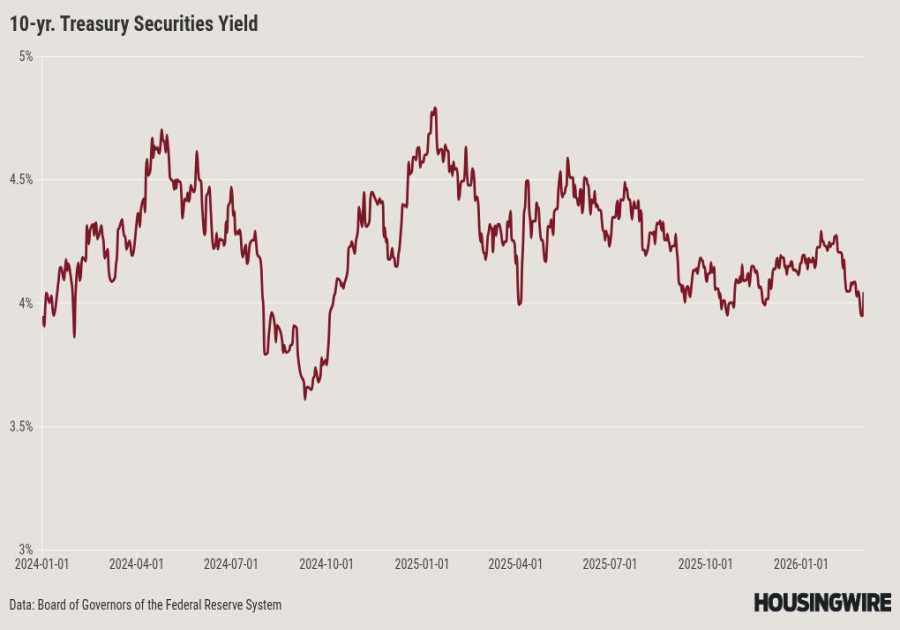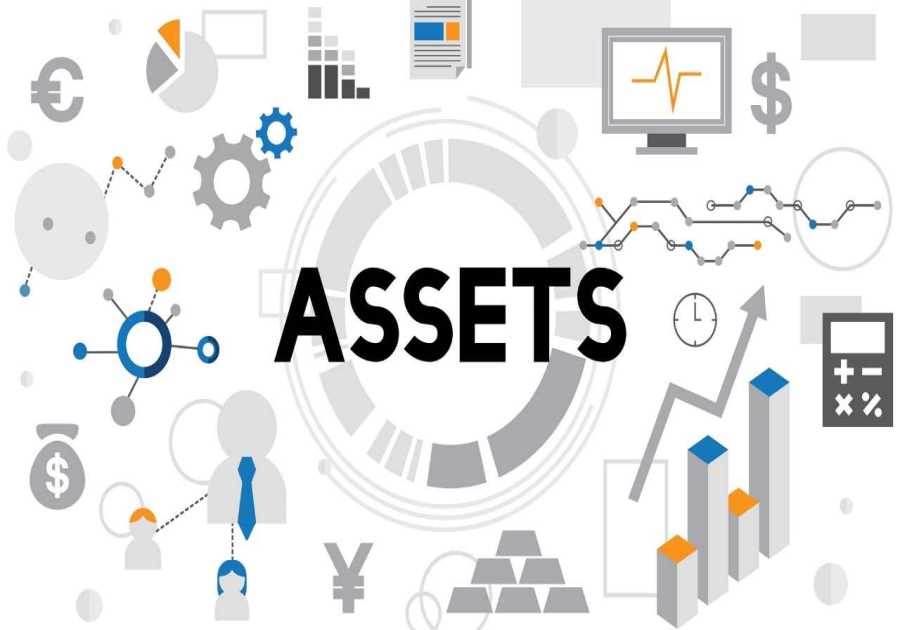By: Jennifer Brazer
Jennifer is the author of From Cubicle to Cloud and Founder/CEO of Complete Controller, a pioneering financial services firm that helps entrepreneurs break free of traditional constraints and scale their businesses to new heights.
Fact Checked By: Brittany McMillen
Avoiding Bookkeeping Scams for Small Businesses
Bookkeeping scams are one of the most under-acknowledged hazards small business owners face. They might not announce themselves with flashing lights, but the damage they inflict can derail even the most promising ventures. Over the past 15+ years, I’ve worked with countless business owners who had the misfortune of discovering fraud within their organizations. As the founder of Complete Controller, I’ve seen the devastation these scams can cause—and the critical measures that can prevent them.
Your finances are too valuable to leave to chance. This guide will empower you to recognize fraudulent bookkeeping practices, understand how they occur, and take proactive steps to secure your business and your peace of mind.
Key Takeaways
- Understand the most common types of bookkeeping scams targeting small businesses.
- Learn to identify the glaring (and not-so-glaring) red flags of fraud.
- Master fraud prevention strategies and make them an everyday part of your business.
- Gain confidence in reporting fraud and recovering from its effects.
- Create secure, transparent, and trustworthy financial systems.
What Are Bookkeeping Scams?
Simply put, bookkeeping scams involve tampering with your financial records—often for personal gain. And sadly, scams can originate from anyone, ranging from trusted employees to cyber attackers targeting weaknesses in your systems.
One shocking statistic says it all: The Association of Certified Fraud Examiners found that small businesses face a median embezzlement loss of $120,000 per case. When your business is navigating thin profit margins, this kind of loss can sink you.
Common Types of Bookkeeping Scams
Let’s get to the heart of where businesses are most susceptible:
Embezzlement
A classic yet alarmingly common scheme. Here, an employee secretly diverts funds to their personal account, often disguising the act through clever manipulation of records. Case in point: A small California retail shop lost over $100,000 to a trusted bookkeeper over five years, only discovering the fraud during a routine audit (Los Angeles Times, 2020).
Identity theft in bookkeeping
Fraudsters obtain sensitive business data to open accounts, apply for credit, or make unauthorized withdrawals in your company’s name. A 2022 survey by the Identity Theft Resource Center reported that 1 in 5 small businesses experienced this issue within the past year. Protecting sensitive information is essential.
Tax scam alerts
Certain perpetrators manipulate tax filings to divert refunds into personal accounts. These scams aren’t just crafty—they’re growing. The IRS noted a 60% increase in tax scams in 2020 compared to the prior year.
Accounting software hacks
With 30% of small businesses reporting breaches related to accounting software (Cybersecurity Ventures, 2023), weak software can leave your entire bookkeeping system vulnerable to data theft, fund loss, or outright account manipulation.
For a closer look at additional scams that might target your business, check out this resource on types of financial fraud.
Signs of Bookkeeping Fraud
No scammer leaves a sign on your front door. Instead, they thrive in subtlety—making vigilance key.
Red flags to look for
- Unexplained Transactions: Unapproved withdrawals, large payments, or “creative” expense categories in your records.
- Missing or Altered Records: If invoices, bank statements, or tax paperwork regularly go missing—or lack consistency in details—fraud could be the culprit.
- Unauthorized Account Access: Look for unauthorized changes to accounting software or unexplained log-ins from unfamiliar locations.
- Odd Employee Behavior: Secrecy, tension, or unexplained wealth from a previously trustworthy individual is worth your attention.
Be mindful of these behaviors and get familiar with further signs of bookkeeping fraud to protect your business.

How to Spot Bookkeeping Scams
Detection is rooted in having strong procedures and controls. Here’s a roadmap to identify fraud before it spirals out of control:
Perform regular audits
Routine audits encourage accountability and catch irregularities early.
- Internal Controls:
- Assign roles carefully. No single person should handle payroll, record finances, and deposit funds—that‘s opening a door for abuse. For more guidance on creating strong roles, check out advice on separate financial duties.
- Require dual approval for significant transactions.
- Use accounting software with permission logs to track every action.
- Internal controls are critical for fraud prevention.
- External Audits:
- Bring in an external auditor annually to review books carefully and provide impartial feedback.
Monitor financial accounts daily
Would you leave your home unlocked overnight? Your bank accounts deserve the same care.
- Reconcile bank statements with your books frequently.
- Establish a practice: Someone should be regularly reviewing daily debits and credits.
Best Practices for Secure Bookkeeping
Proactive prevention is always cheaper and less painful than recovery. Build these tactics into your systems:
Choose secure accounting software
Your software is the backbone of your finances. Invest in tools with robust protections like:
- Two-Factor Authentication (2FA) for added security.
- Data Encryption to guard sensitive info.
- Automatic Updates to stop cyber vulnerabilities before issues arise.
Our guide to secure accounting software offers more tips on picking and implementing the right tools.
Train your team
A secure system is meaningless without informed employees.
- Create workshops to show employees how to recognize and report signs of fraud.
- Foster a no-blame culture for whistleblowing—without this, problems often go unreported.
How to Report Bookkeeping Fraud
When fraud happens, how you respond matters. Immediate action minimizes damage.
- Gather Evidence: Pull together suspicious financial transactions, emails, logs, and any supporting documentation.
- Involve Law Enforcement: Both your local police and potentially the FBI have jurisdiction depending on the fraud’s scope.
- Alert Financial Institutions: Contact your bank and credit card companies immediately to block fraudulent activity.
- Notify Professional Organizations: Organizations like the AICPA can impose sanctions on bad actors who are certified professionals.
Learn more about reporting fraud and the recovery process to take swift and effective action.
Case Study: Small Retail Business Embezzlement
A retail shop in California fell victim to an embezzlement scheme spanning five years. The bookkeeper used the company credit card for personal purchases and falsified records to stay under the radar. In total, the fraud cost the business over $100,000 before being discovered during an external audit (Los Angeles Times, 2020).
The scandal pushed the owner to adopt critical protections: tighter internal controls, daily reconciliation practices, and restricting solo access to financial accounts. Their story proves how simple safeguards can save huge costs down the line.
Conclusion
Bookkeeping scams are an undeniable threat to small businesses, but they’re not insurmountable. With vigilance, smart systems, and a proactive mindset, you can stop fraud before it gains a foothold.
Every dollar is hard-earned—don’t let it vanish into the hands of fraudsters. Make fraud prevention your mission, and transform your bookkeeping into an asset that powers your growth. Need advice? My team at Complete Controller is here to help. Explore our services at Complete Controller and discover how we can keep your finances secure.

FAQ
What are the most common bookkeeping scams?
Embezzlement, identity theft, tax scams, and accounting software hacks are common pitfalls for small businesses.
How can I spot financial fraud early?
Watch for sudden transactions, missing records, suspicious employee behavior, and unauthorized system access.
Which software features are essential for secure bookkeeping?
Look for tools with two-factor authentication, encryption, and regular updates.
What should I do after discovering fraud?
Gather evidence, involve law enforcement, alert financial institutions, and consider notifying professional organizations.
How do I prevent bookkeeping scams?
Conduct thorough background checks, split financial responsibilities, monitor accounts daily, and adopt strong internal controls.
Sources
- Association of Certified Fraud Examiners. (2020). 2020 Report to the Nations on Occupational Fraud and Abuse. URL: Not specified
- Complete Controller. (2023). “Secure Bookkeeping Practices for Small Businesses”. URL: https://www.completecontroller.com/blog/secure-bookkeeping-practices-for-small-businesses/
- Cybersecurity Ventures. (2023). 2023 Cybersecurity Market Report. URL: Not specified
- Identity Theft Resource Center. (2022). 2022 End-of-Year Data Breach Report. URL: Not specified
- Internal Revenue Service. (2020). 2020 Data Book. URL: Not specified
- Journal of Accountancy. (2022). “How to Spot and Prevent Embezzlement”. URL: https://www.journalofaccountancy.com/issues/2022/jan/how-to-spot-and-prevent-embezzlement.html
- Los Angeles Times. (2020). “Embezzlement Scandal at a Small Retail Business.” URL: https://www.latimes.com/business/story/2020-02-10/embezzlement-scandal-small-retail-business
- Piligrim Accounting. (2023). “Common Tricks Fraudsters Use to Scam Your Small Business.” URL: https://piligrim-accounting.com/common-tricks-fraudsters-use-to-scam-your-small-business/
- Smith, A. (2020). “Digital Revolutions: From Internet to Social Media”. Digital Journal. URL: Not specified
- United States American Institute of Certified Public Accountants (AICPA). (2022). “Reporting Bookkeeping Fraud: A Guide for Small Businesses”. URL: Not specified
 About Complete Controller® – America’s Bookkeeping Experts Complete Controller is the Nation’s Leader in virtual bookkeeping, providing service to businesses and households alike. Utilizing Complete Controller’s technology, clients gain access to a cloud platform where their QuickBooks
About Complete Controller® – America’s Bookkeeping Experts Complete Controller is the Nation’s Leader in virtual bookkeeping, providing service to businesses and households alike. Utilizing Complete Controller’s technology, clients gain access to a cloud platform where their QuickBooks file, critical financial documents, and back-office tools are hosted in an efficient SSO environment. Complete Controller’s team of certified US-based accounting professionals provide bookkeeping, record storage, performance reporting, and controller services including training, cash-flow management, budgeting and forecasting, process and controls advisement, and bill-pay. With flat-rate service plans, Complete Controller is the most cost-effective expert accounting solution for business, family-office, trusts, and households of any size or complexity.
file, critical financial documents, and back-office tools are hosted in an efficient SSO environment. Complete Controller’s team of certified US-based accounting professionals provide bookkeeping, record storage, performance reporting, and controller services including training, cash-flow management, budgeting and forecasting, process and controls advisement, and bill-pay. With flat-rate service plans, Complete Controller is the most cost-effective expert accounting solution for business, family-office, trusts, and households of any size or complexity.
 The post Bookkeeping Scam Protection first appeared on Complete Controller.------------
The post Bookkeeping Scam Protection first appeared on Complete Controller.------------Read More
By: Complete Controller
Title: Bookkeeping Scam Protection
Sourced From: www.completecontroller.com/bookkeeping-scam-protection/
Published Date: Wed, 18 Jun 2025 14:00:49 +0000
Did you miss our previous article...
https://trendinginbusiness.business/finance/whats-the-price-of-sticking-with-sap-bpc
.png)

![SMOOTHIE KING Takes Swift Action After Employees Refuse To Serve Trump-Hoodie-Wearing Customer – Employee In Viral Video Starts GoFundMe [VIDEO]](https://trendinginbusiness.business/images/blog/thumbnails/202603/recentuploads/img_0303055645.jpg)



